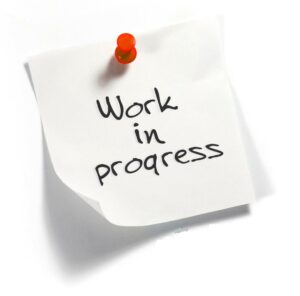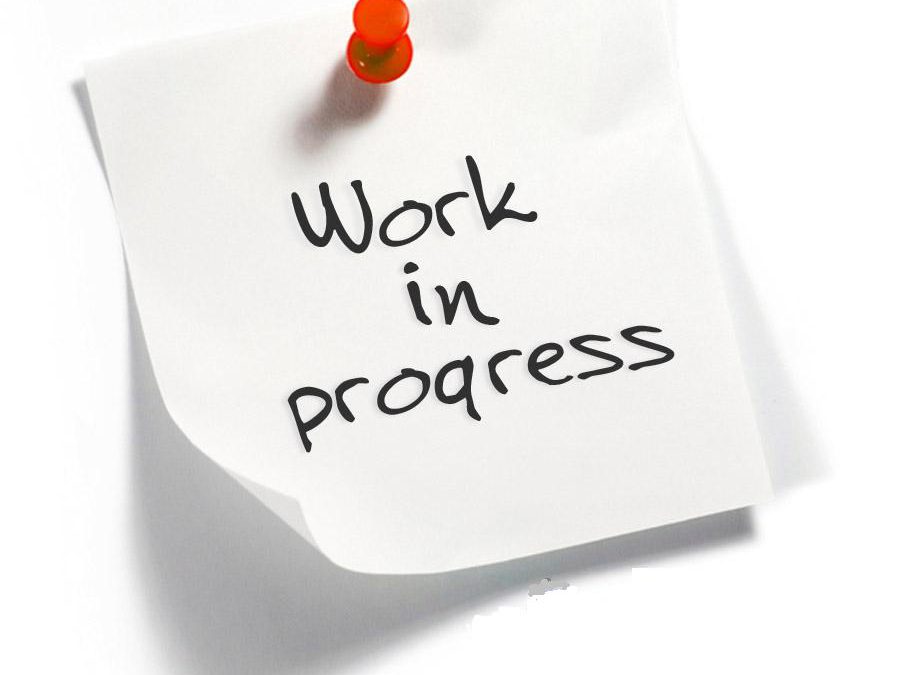
“Work never killed anyone,” my mother used to tell me. No doubt her motivation was to get me to clean my room and finish the household chores; but basically she was right.
Oh sure, overwork is harmful, and dangerous work might cut your life short, and distasteful work that you passionately detest could very well reduce your life span. But work, in general, is anything but harmful. Work keeps you active physically and mentally, provides purpose and meaning to your life – and yes, can even extend your life – especially if you really love what you do.
As Confucius said, “Choose a job you love, and you will never have to work a day in your life.”
When you are doing work or engaged in activities that you love, you are not cynical, irritable, and impatient. People will want to be around you because of your positive attitude and happy disposition. When you are unhappy in your work, it will spill over into your relationships with your spouse, family and friends.
Enjoy what you are doing, and you will recover from sickness quicker and are at less risk of long term illness and incapacity. You may also take less medication and use fewer medical services. You will have more energy. You may even increase your longevity.
The most common time for a heart attack is on a Monday morning so if you are retired from full-time employment, in effect you have eliminated Monday mornings, and the concomitant stress of commitments, deadlines and busyness have been reduced if not eliminated. And if you didn’t find your job or career fulfilling, you are no longer in danger of stress-related illnesses, both physical and emotional, that might have occurred while doing work you did not enjoy. Your immune system is compromised if you are not happy, and you are more susceptible to physical illnesses.
On the other hand, working part-time after official retirement, whether paid or unpaid, is good for our health and well-being, and helps us to build confidence and self-esteem. It provides a challenge and gives us a way to continue to develop and learn. It gives us a sense of purpose, pride, identity and personal achievement, enables us to socialise, build contacts, and in many cases provides us with additional money to support ourselves and explore other interests. People who continue to work tend to enjoy happier and healthier lives than those who retire completely.
It’s also a win-win situation with the company when you work on tasks that suit your skills and interests. As Pierce Ivory, Marketing Director at Advance Systems Inc. indicated in the article, “How to improve employee performance with time psychology”, “not only will this keep them engaged and develop their skills, but it will more effectively apply hidden talent toward organizational objectives.”
You don’t have to do the same kind of work. You can choose to be self-employed or work at your garden or expand on a current hobby or even take up golf or become a full-time student – if you can stretch the word “work” to cover those activities. The important thing is to retire to something, not just from something. Otherwise you may spend your days watching TV or hunched over your computer or wandering around the house wondering what to do with yourself. Being out of “work” can have a negative impact on your health and well-being.
Volunteering is even better. In 1999, for instance, scientists tracked 2025 Californians aged 55 and older, for five years and found that those who volunteered for two or more organizations were 63% less likely to die during the study than those who didn’t volunteer. And those who volunteered for only one organization lowered their mortality rate by 26%.
There appears to be a definite link between giving and volunteering and happiness, and another link between happiness and health and longevity. Dr. Lissa Rankin, in her 2013 book, Mind over medicine, agrees that unhappy people are less likely to eat well, exercise, and enjoy healthy sleep patterns, but insists there is more to it than that.
She goes on to describe the “nun study”, which gave the opportunity to follow nuns in a controlled environment for the balance of their lives. 90% of the most cheerful nuns were still alive at age 84, compared to only 34% of the least cheerful.
Work itself never killed anyone. But if your heart isn’t in it, it could lead to serious problems. Enjoy your job or get one you really love. And when you retire, don’t scrap work completely. It can be a life saver – especially in the form of volunteering.


Recent Comments